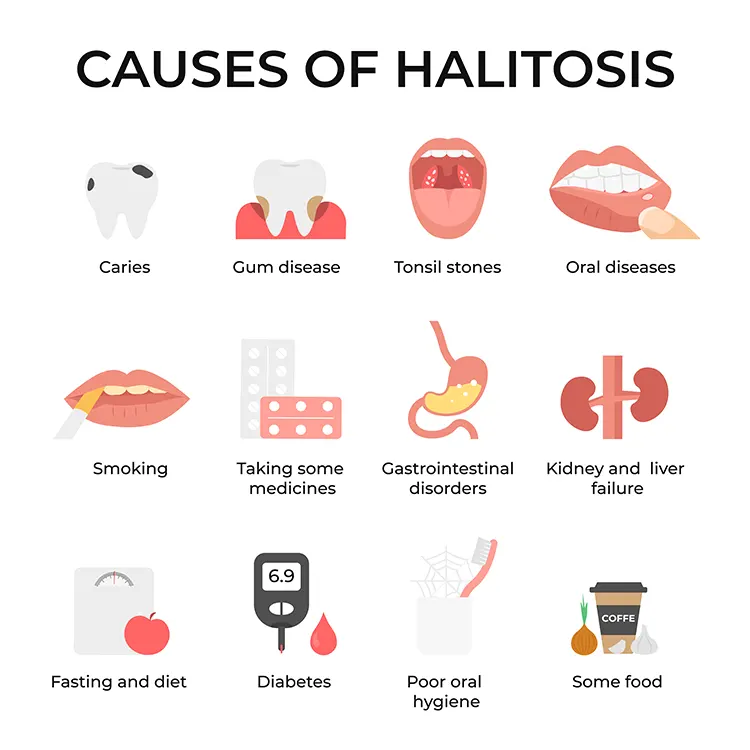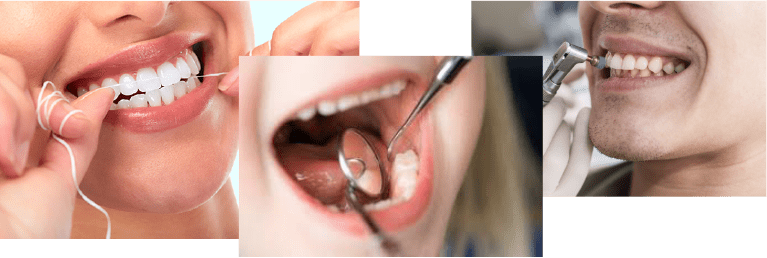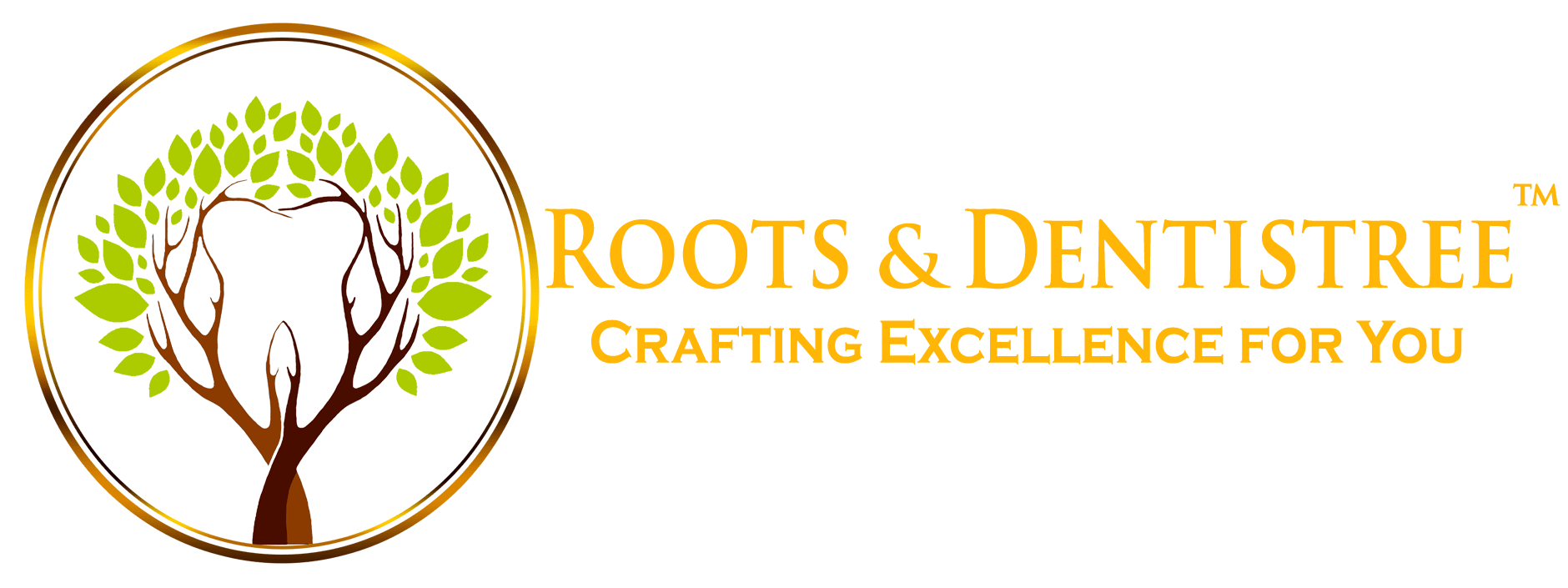Understanding and Managing Halitosis (Bad Breath)

Halitosis (bad breath) is an oral health problem where the main symptom is bad-smelling breath. It is a common oral health problem that affects people of all ages and can be caused by a variety of factors. Halitosis is a multifactorial condition, with oral and systemic causes. In majority of cases, finding the cause of the bad breath is the first step towards treating this problem.
Halitosis Symptoms
The main symptom of halitosis is a foul odor from the mouth. The odor can be worse in the morning or after smoking, drinking coffee, or eating certain foods such as garlic.
Halitosis Causes

-
- Certain Foods: Foods such as garlic, onions, or any food, are absorbed into the bloodstream. Until the food leaves the body, it has the potential to affect your breath.
-
- Poor Oral Hygiene: Irregular brushing, flossing, and dental examinations could lead to bad breath. Food particles that collect on the teeth, gums, and tongue may rot. This causes an unpleasant odor in the mouth
-
- Irregular Cleaning of Dentures: Dentures that are not cleaned properly may be piled up with bacteria, fungi, and food particles, which causes bad breath
-
- Bad Odor-Causing Bacteria On The Tongue: Some bacteria on the back of the tongue can interact with amino acids in foods and produce bad smelly Sulphur compounds
-
- Periodontal Disease (Gum Disease): One of the main symptoms of this disease is bad-smelling breath and an unpleasant taste in the mouth. This condition needs immediate care by the dentist
-
- Dry Mouth (Xerostomia): When there is a significant decrease in saliva production, the mouth can’t cleanse itself. A dry mouth may be caused by certain medicines, a salivary gland disorder, or always breathing through the mouth instead of the nose.
-
- Respiratory Infections: Sinusitis, bronchitis, and rhinitis cause mucus and pathogenic bacteria to accumulate in the respiratory tract. These conditions also lead to mouth breathing and xerostomia, contributing to bad breath.
-
- A Liver or Kidney Disorder.
- Decompensated Diabetes: Leads to ketoacidosis — a condition where the body breaks down fats instead of glucose for energy. This produces a characteristic odor caused by elevated acetone levels in the body.
- Certain Medications
Determining Your Breath Odor
To assess the freshness of your breath, you need a spoon, dental floss, or a dry tissue. Use any of these tools to take a sample of your saliva (lick the spoon, rub it on your tongue or teeth).
Saliva contains sulfur compounds that emit an unpleasant odor. Therefore, after drying, the spoon, dental floss, or tissue will smell approximately the same as your breath.
If you notice any symptoms, consult a doctor. They will conduct a full examination and develop an appropriate treatment plan.
Halitosis Diagnosis
The diagnosis of halitosis is based on the patient’s history and mouth odor during the dental examination. The whole mouth is checked to find the cause, such as an infection. If the cause is not found, your dentist will order the below tests:
- Halimeter : It detects the low levels of Sulphur
- Gas Chromatography: It measures 3 volatile Sulphur compounds (Hydrogen Sulphide, Methyl Mercaptan, and Dimethyl Sulphide)
- BANA Test: measures the levels of a specific enzyme produced by halitosis-causing bacteria
- Beta-Galactosidase Test: Higher levels of the enzyme beta-galactosidase is responsible for foul mouth odor
Your dentist will then be able to identify the most probable cause of the bad breath.
Halitosis Treatment
- Halitosis treatment depends on the underlying cause. If bad breath is because of poor oral hygiene, a dental cleaning and improved oral hygiene at home would be sufficient
- But if bad breath is a symptom of another condition somewhere else in your body, your doctor will help you with prompt diagnosis and treatment
- Your dentist would recommend special mouth rinses to fight specific bacteria in your mouth. ( We don’t recommend Commercially available Mouth Rinses such as LISTERINE etc.)
How To Get Rid of Bad Breath?

-
Following these simple measures would help to keep the bad breath at its bay:
- Brushing and flossing regularly.
- Washing mouth with mouthwashes ( Luke Warm Salt Rinses & Betadine Mouthwash) to neutralize the bad breath. Betadine mouthwash to can be used daily but only upto 14 days.
- Cleaning the dentures regularly.
- Quit smoking.
- Eating healthy food that requires more chewing, helps to saliva to flow constantly.
- Use a tongue scraper or Tooth Brush to clean your tongue.
Conclusion
-
Halitosis or bad breath, can be an embarrassing and frustrating condition to deal with. However, there are several home remedies and lifestyle changes that can help manage and even eliminate the problem. From proper oral hygiene to dietary adjustments, incorporating these remedies into your daily routine can help improve your breath and boost your confidence. It is important to note that if halitosis persists despite these efforts, it may be a sign of an underlying medical condition and it is advisable to seek professional help. Overall, with the right approach and care, halitosis can be effectively managed and treated.


